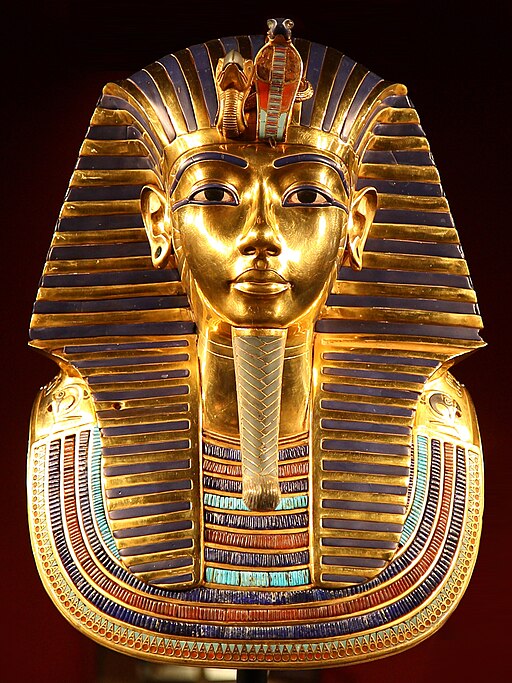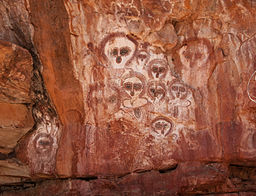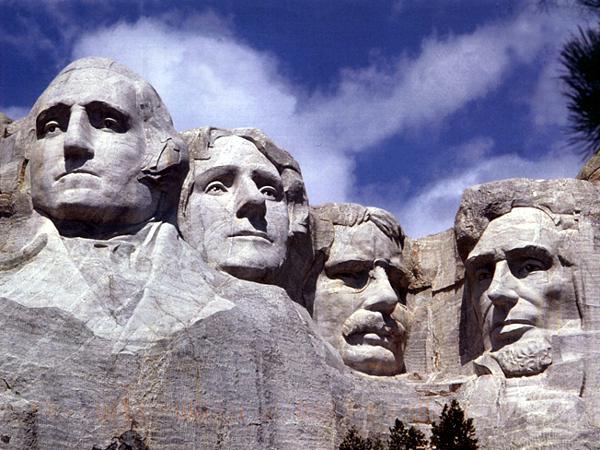
The Nike of Paionios is a statue of the Greek goddess of victory, Nike. The statue shows Nike landing gently on her left foot, with her drapery blown against her body and behind her.
The sculptor Paionios created this masterpiece with a sense of buoyancy, speed, and grace in 425 BC. The goddess is represented as if in descending flight, positioned upon a pedestal high above the viewer.
She seems to be flying with her draperies, blown by the wind, and forming a background for her figure. Her drapery would have been painted red as a contrast to the blue sky and the pale marble colors of the temple.
This restored depiction was created from the many precious fragments excavated at Olympia in 1875. The restoration is lacking significant pieces, including Nike’s wings.
The figure had initially stood near the Temple of Zeus in the center of Ancient Olympia on a three-sided triangular pillar 6-meter high.
The statue has an inscription that indicates the sculpture was installed to honor the recapture of the island Sphacteria by the Athenian allies from the Spartans in 425 BC.
The Nike of Paeonius was erected a few years after the Athenian allies defeated the Spartans at the Battle of Sphacteria in 425 BC.
The placement of this dedicatory statue at Olympia, considered Spartan ground, was a deliberate and assertive act of political propaganda.
This sculpture may be understood as political propaganda within the context of the Messenian Wars. At least a century earlier, the Spartans had erected a statue of Zeus in the sanctuary, commemorating their victory over the Messenians.
This piece of artwork is invaluable for understanding the history of Greek artistic and dedicatory work. Nike of Paionios also demonstrates that art was used as political propaganda, which in turn, funded artists and allowed them to create exquisite beauty.
Nike
Nike, in the Ancient Greek religion and methodology, was the goddess who personified victory. Her Roman equivalent was Victoria.
Nike is seen with wings in most statues and paintings, with one of the most famous being the Winged Victory of Samothrace.
Nike is the goddess of strength, speed, and victory and is one of the most commonly portrayed figures on Greek coins. Famous Nike statues were commissioned and erected after significant achievements.
Names stemming from Nike include, among others: Nicholas, Nick, Nils, Klaas, Nicole, Ike, Nikita, Nikki, and Nico.

Paeonius
Paeonius was a Greek sculptor of the late 5th century BC. He adapted Athenian stylistic elements into his work, based upon his interaction with the Olympia workshop of Pheidias.
Sphacteria
This Nike statue commemorates this 425 BC victory at Sphacteria, which is a small island at the entrance to the bay of Pylos in the Peloponnese, Greece. It was the site of three critical battles:
- the 425 BC Battle of Sphacteria in the Peloponnesian War
- the 1825 AD Battle of Sphacteria in the Greek War of Independence from the Ottoman Empire
- the 1827 AD Battle of Navarino, also in the Greek War of Independence
The 425 BC Battle of Sphacteria was a land battle of the Peloponnesian War, fought between Athens and Sparta.
Nike of Paionios
- Statue: Nike of Paionios
- Artist: Paionios
- Year: 425–420 BC
- Medium: Parian marble
- Dimensions: 198 cm (78 in)
- Museum: Archaeological Museum of Olympia
Statue of Nike
A Tour of the Archaeological Museum of Olympia
- Hermes and the Infant Dionysus
- Nike of Paionios
- Statue of Zeus and Ganymede
- Archaeological Museum of Olympia Highlights
Goddess Nike as Sculpture
A Tour of Greek Museums and Historic Sites
- Athens Museums
- Ancient Corinth Museums
- Delos Museums
- Delphi Museums
- Ancient Mycenae Museums
- Epidaurus Museums
- Heraklion, Crete Museums
- Meteora Museums
- Milos Museums
- Mystras Museums
- Olympia Museums
- Pella Museums
- Santorini Museums
- Thessaloniki Museums
The Archaeological Museum of Olympia – Greece
Nike: The Goddess of Victory – Mythology
Statue of Winged Victory; Nike (Rotating) by Paeonius
~~~
“Holding an Olympic Games means evoking history.”
– Pierre de Coubertin
~~~
Photo Credit: JOM
Popular this Week








 Sponsor your Favorite Page
Sponsor your Favorite Page SEARCH Search for: Search Follow UsJoin – The JOM Membership Program
Sponsor a Masterpiece with YOUR NAME CHOICE for $5
Share this:
- Tweet
